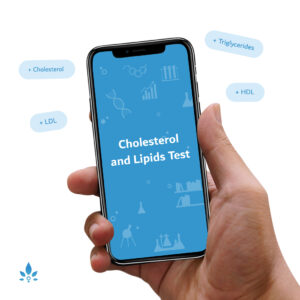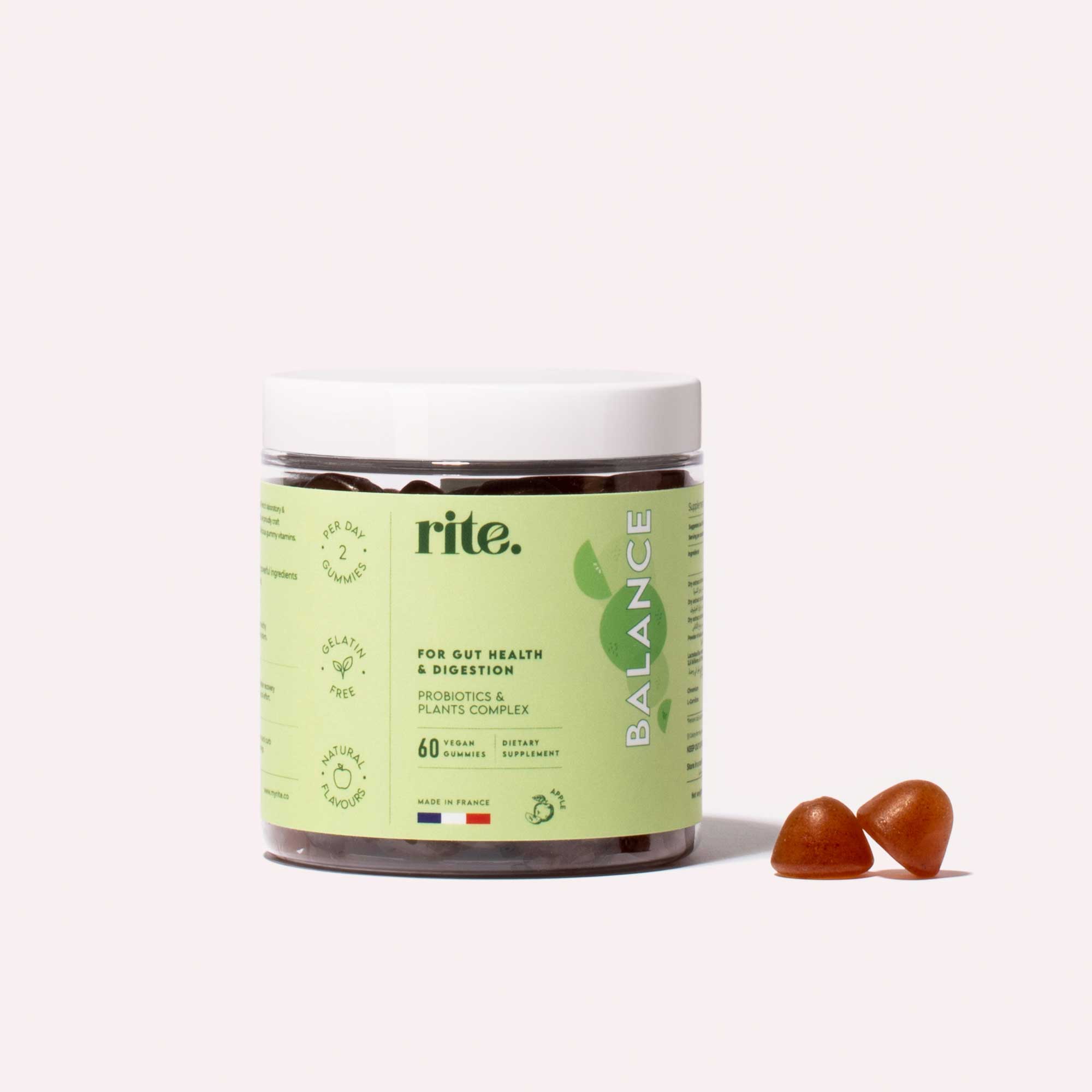Does the BRAT Diet Work?


Mild gastrointestinal illnesses are part of being a toddler. Vomiting and diarrhea, either alone or together, occur commonly in this age group. As a caregiver of a child with a tummy “bug,” what foods to give becomes a big concern. For decades, the BRAT diet has been touted as how to reintroduce food into an upset stomach. This traditional diet is frequently recommended by well-meaning friends and neighbors, claiming that it calms the stomach and helps toddlers recover from gastrointestinal illnesses that include vomiting, diarrhea, or nausea.
The BRAT diet stands for:
- Bananas
- Rice
- Applesauce
- Toast
BRAT foods are easy to digest, bland, and were thought to avoid additional stomach distress than more complete diets with lots of protein, sugars, or dairy.
Although it seems like the BRAT diet makes good sense and couldn’t hurt, the American Academy of Pediatrics (AAP) does not recommend it. Instead, the AAP recommends that a child returns to his or her normal diet within 24 hours of recovering from a stomach illness.
According to the AAP, the BRAT diet is too restrictive, and there isn’t enough good data showing that it works to recommend it. The BRAT diet is low in fiber, protein, and healthy fats, so it does not provide complete nutrition. By contrast, studies have shown that returning a child to his or her normal diet actually reduces the length of a diarrheal episode by promoting healing of the intestines. Parents are encouraged to monitor the child’s response to each food and to avoid any that seem to make symptoms worse. Of course, in order to feed a child solids, they first must be able to tolerate liquids.
It is important to keep the child hydrated by drinking a rehydrating fluid like Pedialyte. Fluids are best tolerated when given in small sips every few minutes. The AAP recommends “refeeding,” or giving your child food and milk once you know they can tolerate liquids such as Pedialyte. Do not give fruit juice or fried foods, since they can aggravate an upset stomach and cause diarrhea to worsen.
If your child has severe vomiting or diarrhea or there is blood in the vomit or diarrhea, you should consult with your pediatrician to see if further treatment is warranted.
Try Nabta’s Slim Pack for a better digestion.
Reviewed by Dr. Kristie Rivers, November 2018
Sources:
- American Family Physician
- Gastroenteritis in Children: Part II.
Medscape - Pediatric gastroenteritis treatment and management.
Powered by Bundoo®













































